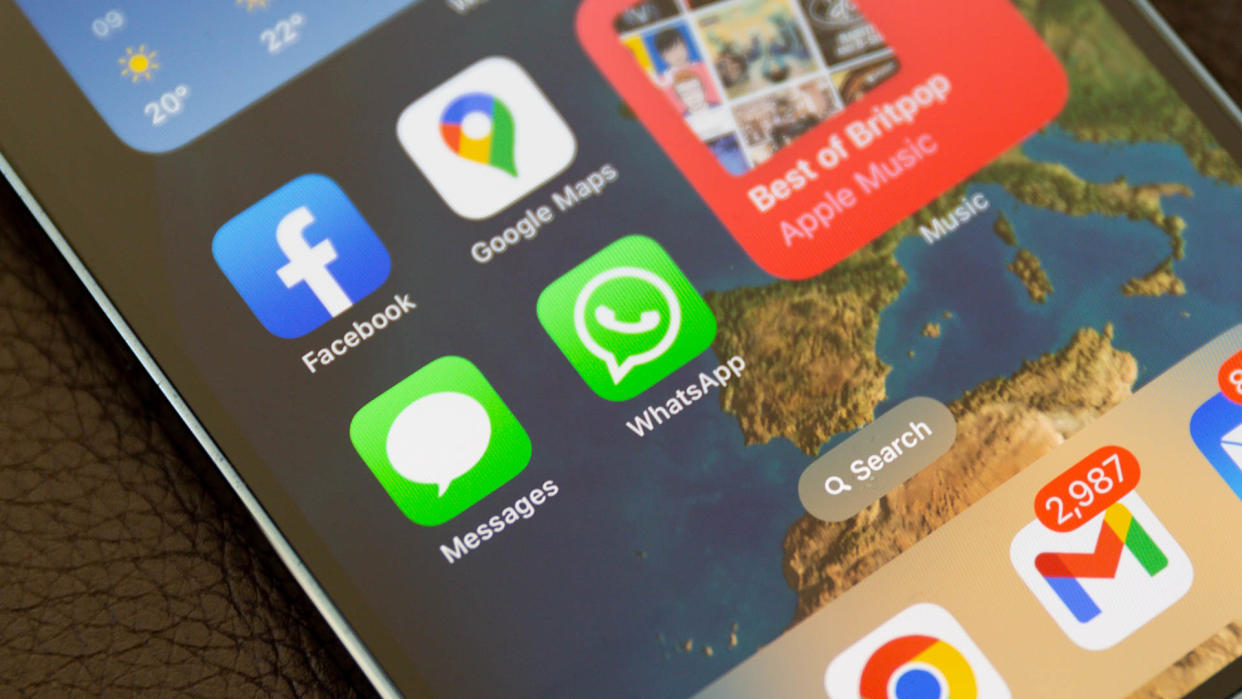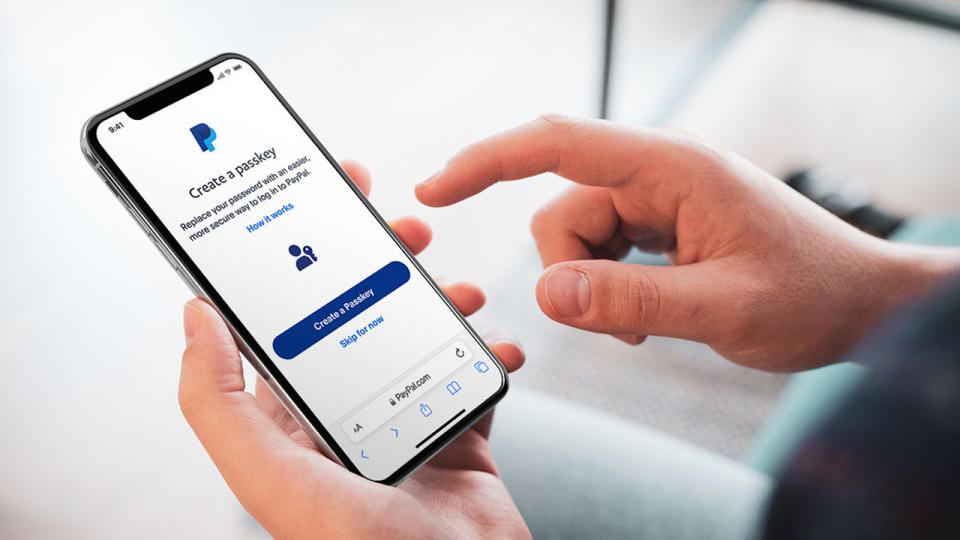WhatsApp passkeys make it more secure than ever - for some

Nowadays, almost everyone is on WhatsApp. Even my 90-year-old Nana uses the app, and it makes sense. It's super straightforward to use and free. It also is more secure than traditional SMS with end-to-end encryption, but it's getting even safer to use.
WhatsApp is adding passkeys to Android devices. Safer than using a traditional password, passkeys are rolling out in the weeks and months to come and should help keep your private messages private.
Google and Apple already have optional passkey protection and it is expected to once again be an optional measure on WhatsApp, one we implore you to use.
What are passkeys and how do they work?

While traditional log-on methods might require you to receive a one-time code via SMS or email, they still aren't as secure as you'd like. Logging in with a passkey utilises your device's own verification methods such as Face ID, a fingerprint scanner or your phone's local PIN, as well as traditional account methods. It's also much quicker a lot of the time.
Essentially a passkey divides your login into two different parts. One half is stored on the app or service you're trying to use while the other is kept locally on your device and activated by the fingerprint scanner etc.
What's the problem?
In a word, iPhones. Passkeys are currenytly confirmed for Android only. WhatsApp has not yet hinted at when the iOS version of the app will get the same upgrade. This is probably no easy task, but it should be prioritised.
It slightly undermines having these extra security measures on one kind of phone and not the other, especially when iPhone and Android users often use WhatsApp to communicate with each other. You are only as strong as your weakest link after all.
Even if you're not so keen on passkeys, at least check out our guide on how to create strong passwords.

